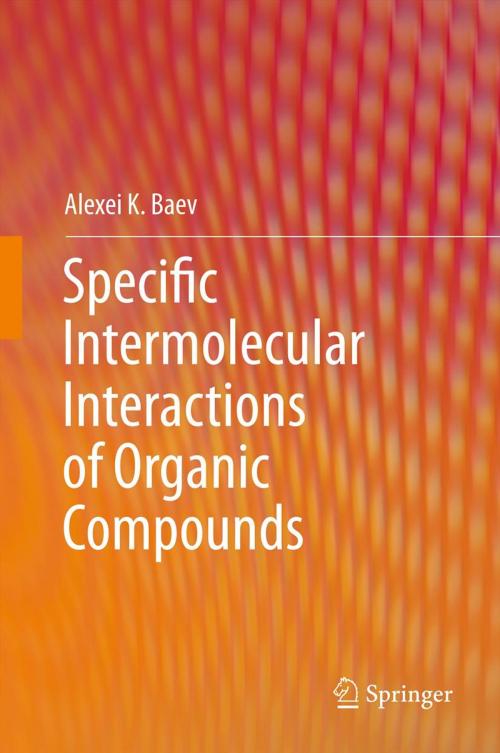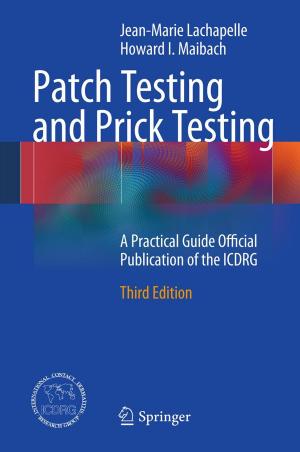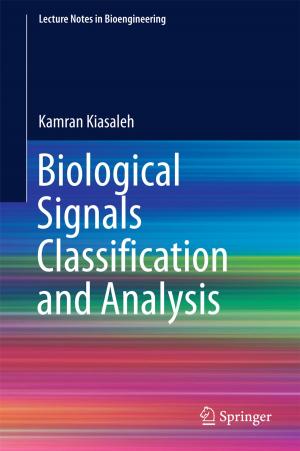Specific Intermolecular Interactions of Organic Compounds
Nonfiction, Science & Nature, Science, Chemistry, Physical & Theoretical, Organic| Author: | Alexei K. Baev | ISBN: | 9783642216220 |
| Publisher: | Springer Berlin Heidelberg | Publication: | January 11, 2012 |
| Imprint: | Springer | Language: | English |
| Author: | Alexei K. Baev |
| ISBN: | 9783642216220 |
| Publisher: | Springer Berlin Heidelberg |
| Publication: | January 11, 2012 |
| Imprint: | Springer |
| Language: | English |
Prof. Baev presents in his book the development of the thermodynamic theory of specific intermolecular interactions for a wide spectrum of organic compounds: ethers, ketones, alcohols, carboxylic acids, and hydrocarbons. The fundamentals of an unconventional approach to the theory of H-bonding and specific interactions are formulated based on a concept of pentacoordinate carbon atoms. New types of hydrogen bonds and specific interactions are substantiated and on the basis of the developed methodology their energies are determined. The system of interconnected quantitative characteristics of the stability of specific intermolecular interactions is presented. The laws of their transformations are discussed and summarized. The new concept of the extra stabilizing effect of isomeric methyl groups on the structure and stability of organic molecules is introduced and the destabilization action on specific interactions is outlined.
Prof. Baev presents in his book the development of the thermodynamic theory of specific intermolecular interactions for a wide spectrum of organic compounds: ethers, ketones, alcohols, carboxylic acids, and hydrocarbons. The fundamentals of an unconventional approach to the theory of H-bonding and specific interactions are formulated based on a concept of pentacoordinate carbon atoms. New types of hydrogen bonds and specific interactions are substantiated and on the basis of the developed methodology their energies are determined. The system of interconnected quantitative characteristics of the stability of specific intermolecular interactions is presented. The laws of their transformations are discussed and summarized. The new concept of the extra stabilizing effect of isomeric methyl groups on the structure and stability of organic molecules is introduced and the destabilization action on specific interactions is outlined.















